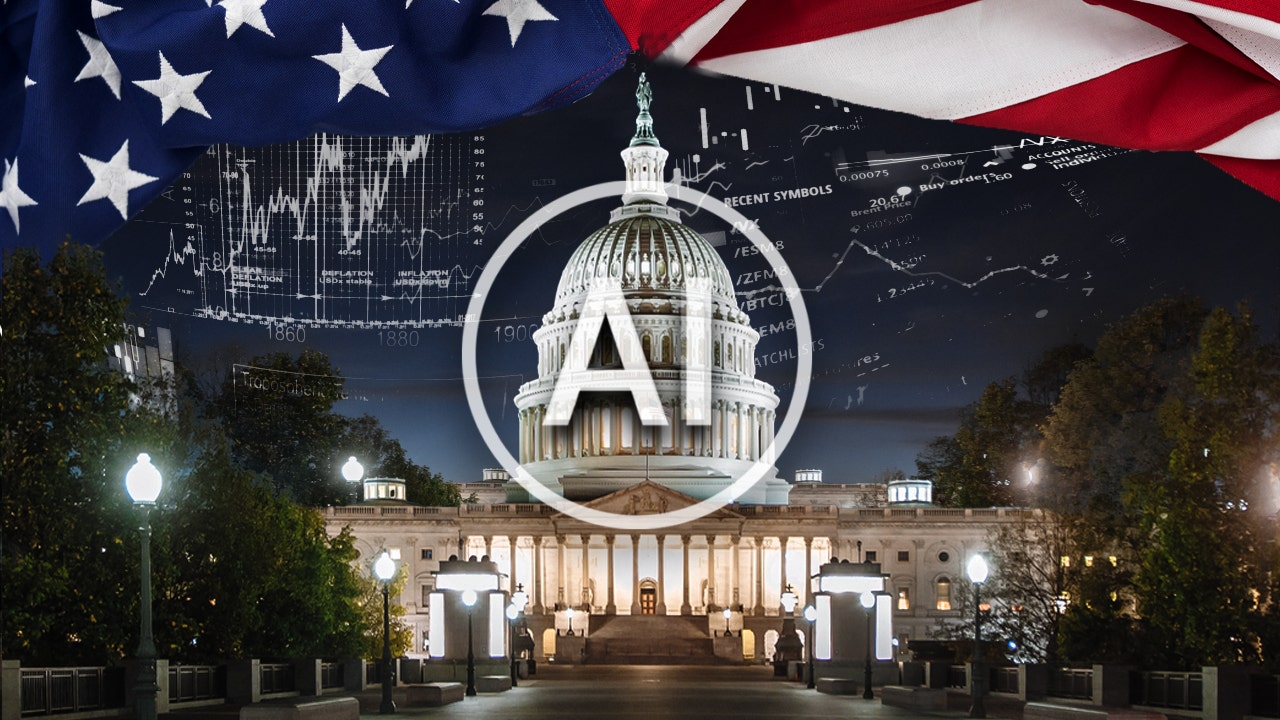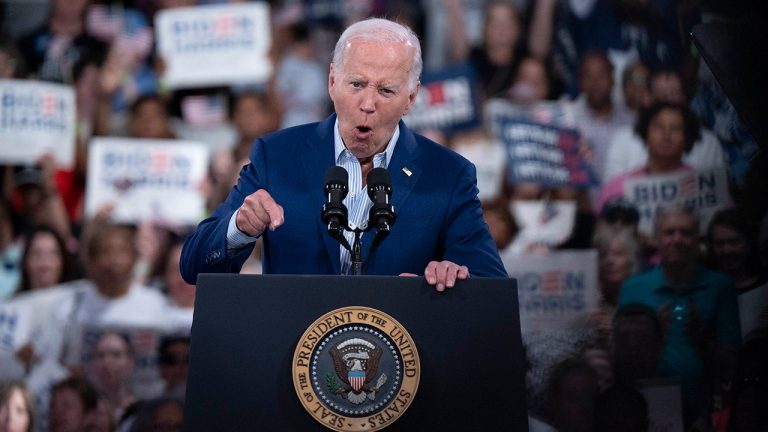Senators announce plan to invest in AI research, caution about China’s progress in the field.
A bipartisan group of U.S. senators, led by Senate Majority Leader Chuck Schumer, is advocating for increased American funding in artificial intelligence (AI) research. The group, which includes Senators Mike Rounds and Todd Young, believes that the U.S. risks falling behind in AI development without a substantial increase in government funding.
Senator Rounds emphasized the importance of investing in AI, stating, “This is a time in which the dollars related to this particular investment will pay dividends to the taxpayers of this country long term.” He pointed out that China currently outspends the U.S. by approximately ten times in AI development, highlighting the urgent need for increased funding.
The senators’ focus is on generative AI, a technology capable of creating text, photos, and videos in response to open-ended prompts. While generative AI has sparked excitement for its innovative capabilities, it also raises concerns about potential job displacement as artificial intelligence continues to advance.
The group is urging for a minimum of $32 billion to be allocated annually for non-defense-related AI research in the U.S. Senate Majority Leader Schumer stressed the necessity of outcompeting China in AI development, emphasizing the importance of keeping pace with global advancements in technology.
Despite the push for increased funding, Senator Schumer clarified that there does not need to be a comprehensive AI bill that covers all aspects of the technology. Instead, individual committees can address AI issues and propose legislation as they see fit.
Later on Wednesday, the Senate Rules Committee is set to discuss the potential impact of AI on the U.S. election system, reflecting growing concerns about the use of artificial intelligence in critical areas of governance.
The call for enhanced American investment in AI coincides with the first AI talks between top U.S. and Chinese officials in Geneva, signaling a new era of bilateral dialogue on technology between the world’s two largest economies. These discussions, agreed upon by President Biden and Chinese President Xi Jinping in 2023, aim to address the implications of AI on various aspects of society, including trade, national security, and defense.
U.S. technology experts believe that the AI talks offer an opportunity to gain insight into China’s approach to artificial intelligence, as Chinese authorities have been relatively opaque about their strategic plans in this rapidly evolving field.
As the U.S. and China engage in dialogue on AI, the global landscape of technology and innovation continues to evolve, shaping the future of international relations and technological advancement.








